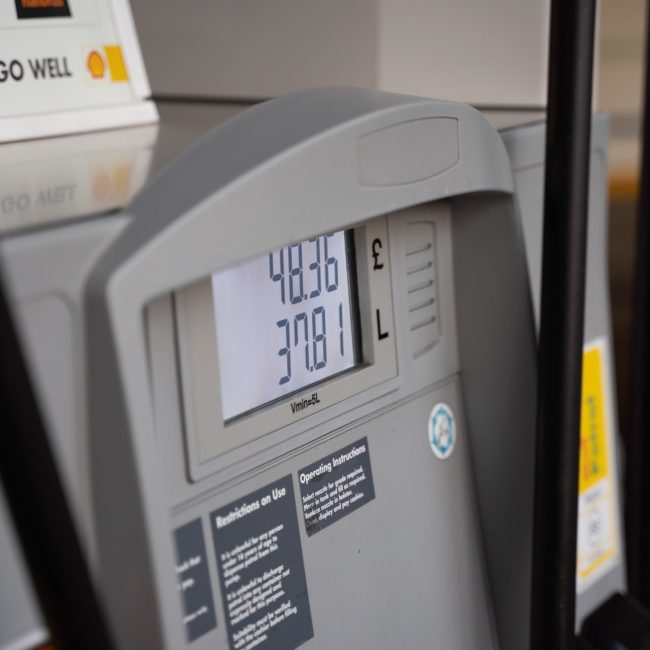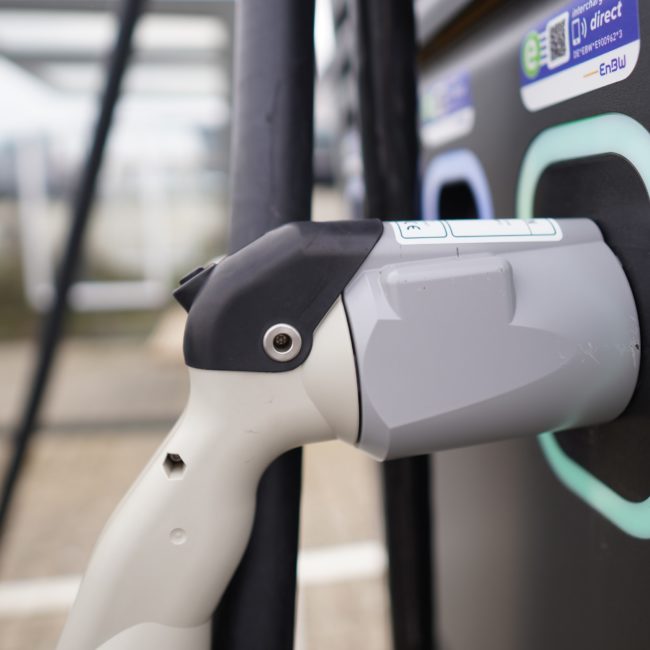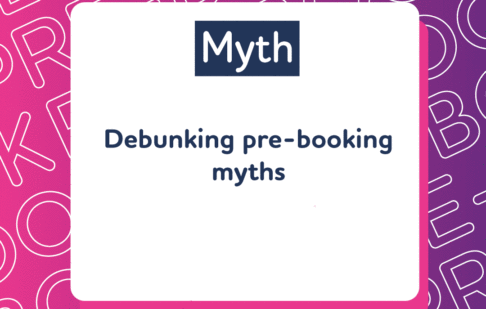With the fuel crisis, soaring energy bills and the cost of living at the forefront of the news, you might be wondering if making the jump to electric is going to hit your finances harder than you initially expected.
With electric vehicles, there are several things to keep in mind when it comes to recharging and how much it costs.

Where you recharge
When it comes to recharging, there are various options available to drivers.
Home charging is using the mains at your house or a charging station that you have installed. This recharges your vehicle and draws from your home power supply. The important thing to be aware of here is that you will see an increase in your electricity usage which will be reflected in your bills. In theory, this is still less than the cost of filling up at the pumps but given the current issues surrounding electricity costs, it is worth being mindful of.
Charging at work is often a perk many staff with electric vehicles can enjoy, especially if your employer is committed to environmental goals and adapting their car park. This might be free for employees as a staff perk or it might be charging at a reduced or preferential rate. If you can charge up at your place of work, it’s important to check what the rules and conditions are with your employer first.
Public chargers are where most people are going to top up their vehicle’s battery. These are the chargers you see on car parks at shopping centres, train stations and multi-storey sites. They allow you to plug in and charge up as you go about your day. These chargers are provided by a number of different suppliers, often with differing price points. Charging in this way is often significantly cheaper than filling up a petrol tank. For example, Evology chargers cost 40p per KW/h meaning that you could get a full 10-hour charge on your car from as little as £4.
How you recharge
How you recharge and how you fill up your vehicle affects the overall cost.
A full charge on a battery, often overnight, is going to cost more than the top-up charging you might do during a trip when you take a break from driving. It is worth keeping in mind that charging up overnight when you are using less electricity elsewhere might have an impact on cost too.
Top-up charging is the most common way motorists will be adding range to electric vehicles. This lets you maintain range on your car in a way that does not require frequent lengthy top-ups and allows you to capitalise on potentially free or more favourable charging rates elsewhere.
When you’re planning a trip, it is important to plan rest stops around where you can rest and recharge. As the UK’s charging infrastructure becomes more developed it might also be worth planning around a recharging ‘budget,’ helping you to reach your destination without paying more than you need to.

Power vs The Pump
The cost of filling up a petrol or diesel car is increasing, even with energy bills on the rise, the cost to recharge is still significantly less than refuelling and can be carried out in a variety of locations making it more convenient.
Our Evology chargers help you access fast and reliable charging. We use innovative technology to protect EV charging bays on car parks. This prevents them from being misused by drivers in non-electric cars, so while you’re out and about you can relax, knowing there are more spaces available for you to top up a battery.
We know that arriving in a car park and finding the EV chargers are not working is frustrating too, which is why we constantly monitor our chargers to make sure they have unbeatable uptime. These elements combine to make sure that when you need to recharge your car, we are on hand to help.
You can find out more about Evology Parking and how we are helping to transform the UK’s EV infrastructure here.
The evolution of Evology
Where did the idea for Evology come from? Our Chief Product & Technology Officer explains everything.
Summer Road Trip Inspiration
Summer is the perfect time for an adventure, the weather’s better (usually), the kids are off school, and it’s time...
Debunking pre-booking myths
Everyday parking becomes a force of habit; people look for specific spaces, park in certain ways, and like to know...


